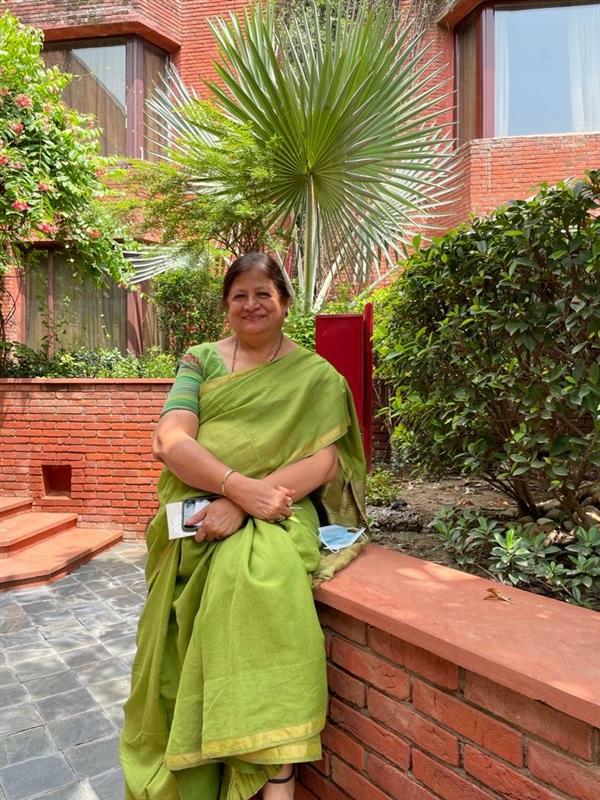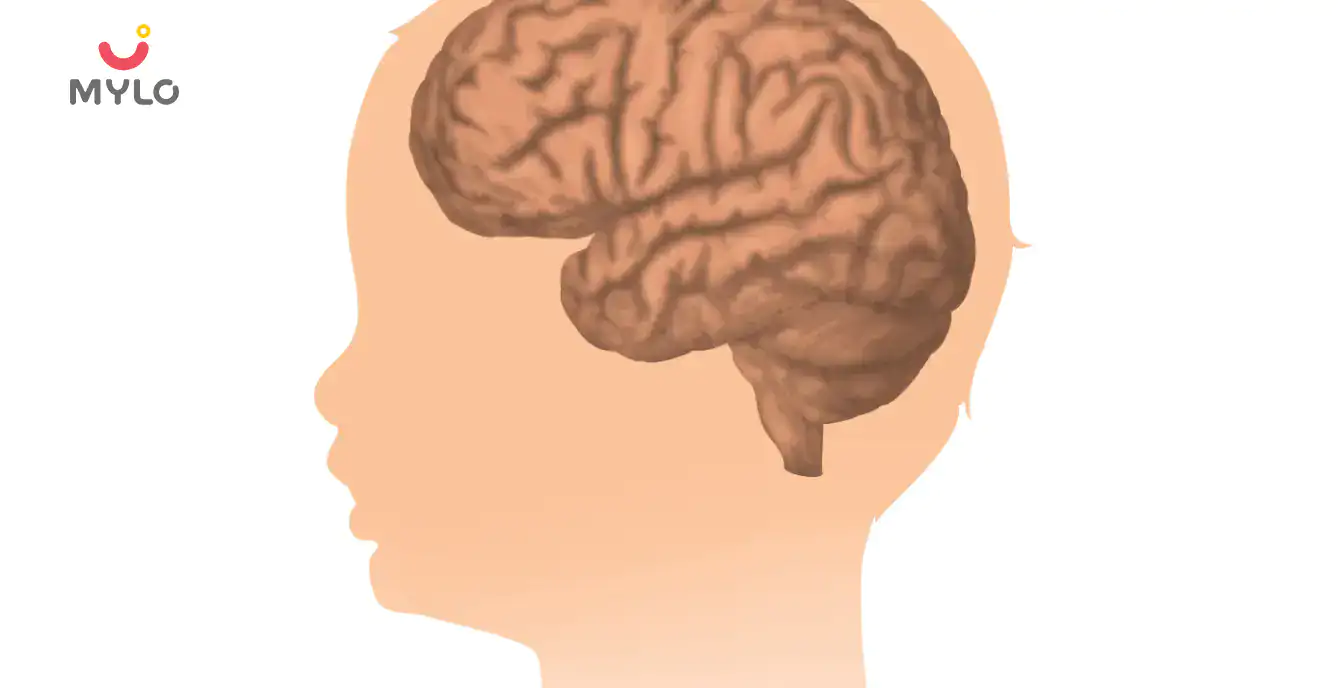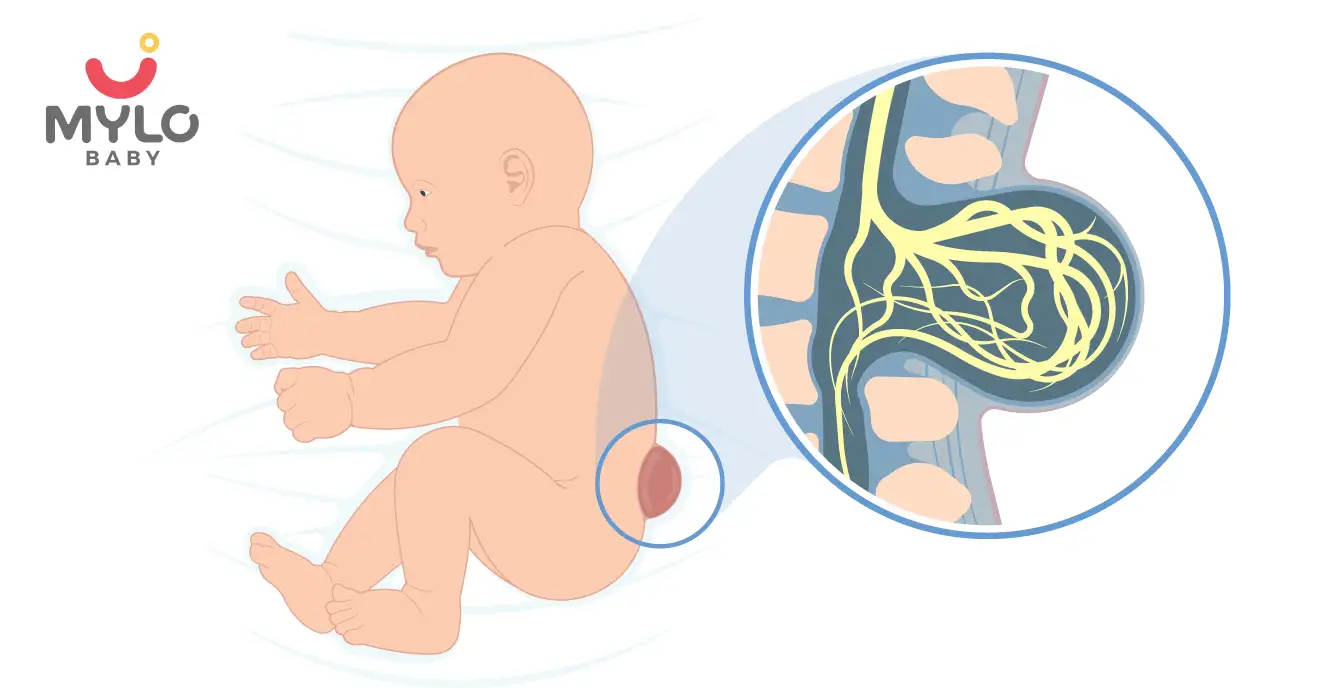
VIEW PRODUCTS
Article Continues below advertisement
- Home

- Baby Sleep Management

- Baby sleep facts and myths every parent should know
In this Article
Baby Sleep Management
Baby sleep facts and myths every parent should know
Updated on 10 May 2023



Medically Reviewed by
Kusum Sabharwal
Obstetrician & Gynecologist - MBBS| DGO
View Profile

Article Continues below advertisement
A baby's sleep is a significant issue for new parents because sleep plays a vital role in a baby's physical and cognitive development. Newborns typically sleep between 16-17 hours a day, but they do not sleep for long stretches at a time and wake up frequently to feed and get their diapers changed.
This disrupted sleep pattern can be exhausting for new parents who also need to get enough sleep to function properly. Lack of sleep can affect a parent's physical and mental health, leading to fatigue, stress, and anxiety. Moreover, sleep-deprived parents may find it difficult to focus on their baby's needs and miss important cues, leading to further sleep problems for their baby. Additionally, when a baby does not sleep well, it can cause them to become fussy and irritable, making it harder for parents to soothe them.
For all these reasons, new parents often find it challenging to manage their baby's sleep and establish a consistent sleep routine, which can lead to a stressful and exhausting experience. In the process of achieving a full night's sleep for the baby, parents encounter several myths and assumptions. Here are the basic myths and facts about babies’ sleep that every parent should know.
Myth 1: Babies should sleep through the night by three months
Fact: Some babies accustom to this three-month schedule easily, while others find it difficult. But there is nothing wrong if they do not sleep through the night until they are six months or older.
Myth 2: Feeding a heavy meal before bedtime:
Fact: Parents add a bit of rice cereal into the last bottle feed, before bedtime. By this method, the baby can sleep better as he will not feel hungry. Though this idea sounds logical, there is no evidence that this trick works. Also, including rice cereal for babies younger than four months is not safe and can result in gastric problems and food allergies.
Article continues below advertisment
Myth 3: Parents should not stay in the same room while sleep training the child
Fact: It is completely fine to share the room with the child while sleep training. It will also help reassure the mother that the baby is well and will help her feed the baby in between. But the sleep location of the baby should be different and separate from the parents.
Myth 4: Daytime activities promote better sleep at night
Fact: This myth is true and involving the baby in daytime activities can promote better sleep along with strengthening the muscles of the babies. But over-tired children have difficulty falling asleep.
Myth 5: Parents should never wake a sleeping baby
Fact: This old advice is a clear myth. While focusing on bedtimes, parents should focus on wake times as well. They should limit daytime naps so that the baby enjoys long hours of sleep at night.
Having a clear understanding of the myths and facts about children’s sleep cycle helps parents sleep-train their children appropriately and raise a healthy child.
Myth 6: You should feed your baby every time they wake up at night
Fact: Breastfeeding can help babies sleep better. Breastmilk contains sleep-inducing hormones, and the act of breastfeeding can be calming and soothing for babies. While newborns need to eat frequently, after a few weeks, they may start waking up out of habit rather than hunger. If your baby is not hungry, it's okay to try to soothe them back to sleep without feeding them.
Article continues below advertisment
Myth 7: You should keep your baby warm at all times
Fact: Room sharing can help reduce the risk of Sudden Infant Death Syndrome (SIDS). The American Academy of Pediatrics recommends that parents share a room with their baby for at least the first 6 months to a year of life. While it's important to keep your baby warm, overheating can be dangerous and increase the risk of SIDS. A good rule of thumb is to dress your baby in one extra layer than you're wearing and keep the room at a comfortable temperature (between 68-72 degrees Fahrenheit).
Conclusion
In conclusion, understanding the myths and facts about baby sleep is essential for new parents. While there is no one-size-fits-all approach to managing a baby's sleep, knowing the facts can help parents establish healthy sleep habits and reduce stress and exhaustion for both the baby and the parents. By understanding these baby sleep myths and facts, parents can create a sleep environment that is safe and healthy for their baby, while also ensuring that they get the rest they need to provide the best possible care.
Article continues below advertisment





Medically Reviewed by
Kusum Sabharwal
Obstetrician & Gynecologist - MBBS| DGO
View Profile


Written by
Mittali Khurana
Mittali is a content writer by profession. She is a dynamic writer with 04+ years of experience in content writing for E-commerce, Parenting App & Websites, SEO.
Read MoreGet baby's diet chart, and growth tips

Related Articles
ಬೇಬಿ ತೂಕ ಚಾರ್ಟ್: ಬೆಳವಣಿಗೆಯ ಮಾದರಿಗಳಿಗೆ ಭಾರತೀಯ ಪೋಷಕರ ಮಾರ್ಗದರ್ಶಿ | Baby Weight Chart: An Indian Parent's Guide to Growth Patterns in Kannada
ನಿಮ್ಮ ಮೊದಲ ತ್ರೈಮಾಸಿಕದಲ್ಲಿ ನಿಮ್ಮ ಜೀವ ಉಳಿಸುವ 14 ಸಲಹೆಗಳು | 14 Lifesavers For Your First Trimester in Kannada
What are the home remedies to get rid of mosquitoes in Hindi |मच्छर भगाने के घरेलू उपाय क्या हैं
Menstrual cup use in Hindi | मेंस्ट्रुअल कप क्या है और कैसे करें इसका उपयोग
RECENTLY PUBLISHED ARTICLES
our most recent articles

Brain Development
Baby Brain Development: What You Should Know

Medical Procedures
Tummy Tuck (Abdominoplasty) Procedure, Risks, Preparation & Recovery

Developmental Disorders
Spina Bifida: Causes, Symptoms & Treatment

Women Specific Issues
Diastasis Recti: Causes, Symptoms, Risks & Preventions

Medications
Opioid Overdose, Risk & Prevention

Pregnancy At 40
Is Pregnancy After 35 Right for You? A Comprehensive Guide
- Clubfoot (Talipes Equinovarus): Meaning, Symptoms & More
- RSV (Respiratory Syncytial Virus): Symptoms, Causes & Treatment
- Loose Vagina: Learn How To Tighten Your Vagina Naturally
- Umbilical Cord Prolapse Causes, Symptoms & Treatment
- Bipolar Disorder: Causes, Symptoms, Risks & Treatment
- Sinus Infection During Pregnancy Causes & Treatment
- Intrauterine Growth Restriction (IUGR) in Pregnancy
- APGAR Score: Meaning & How it is Performed
- Dyspareunia (Painful Intercourse): Causes & Treatment
- Short Bowel Syndrome: Causes, Symptoms, and Treatment
- Pelvic Inflammatory Disease (PID): Symptoms, Causes & Treatment
- Lightning Crotch in Pregnancy: All You Need to Know
- Vaginal Dilator: Learn its Types & How To Use It?
- Infected Umbilical Cord: Symptoms, Treatment And Prevention

At Mylo, we help young parents raise happy and healthy families with our innovative new-age solutions:
- Mylo Care: Effective and science-backed personal care and wellness solutions for a joyful you.
- Mylo Baby: Science-backed, gentle and effective personal care & hygiene range for your little one.
- Mylo Community: Trusted and empathetic community of 10mn+ parents and experts.
Product Categories
baby carrier | baby soap | baby wipes | baby shampoo | baby lotion | baby powder | baby body wash | stretch marks cream | stretch marks oil | baby cream | baby massage oil | baby hair oil |






